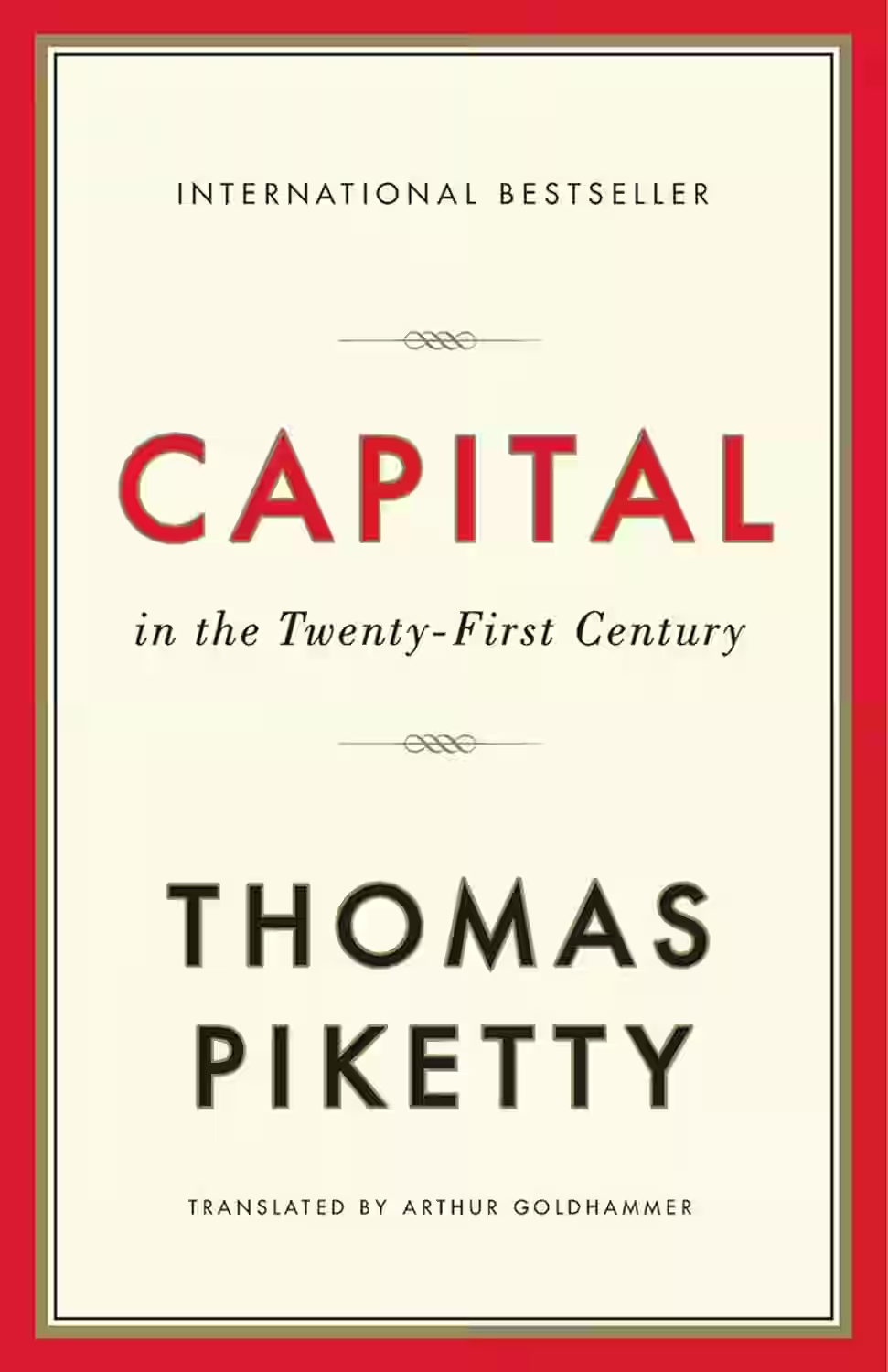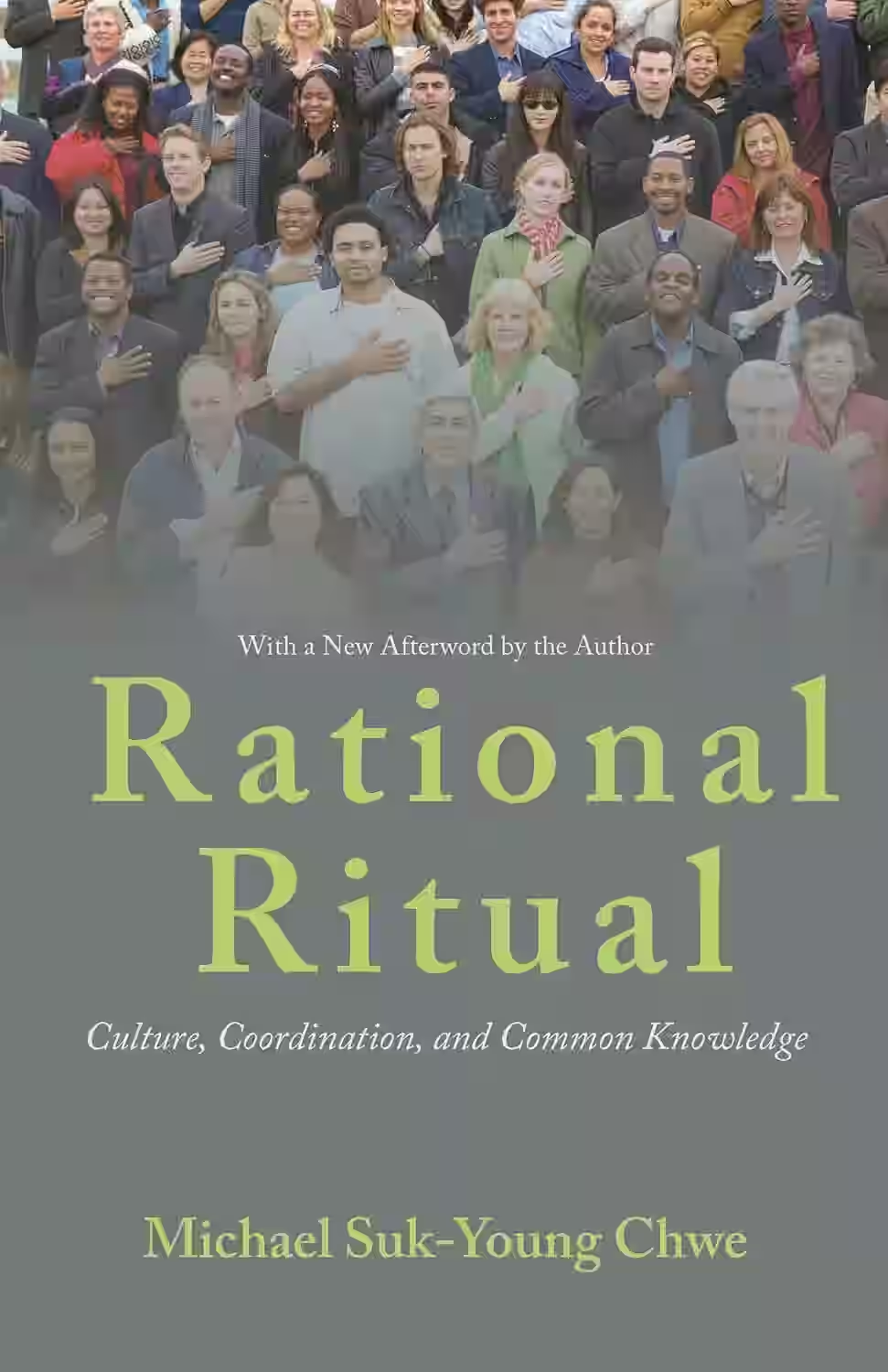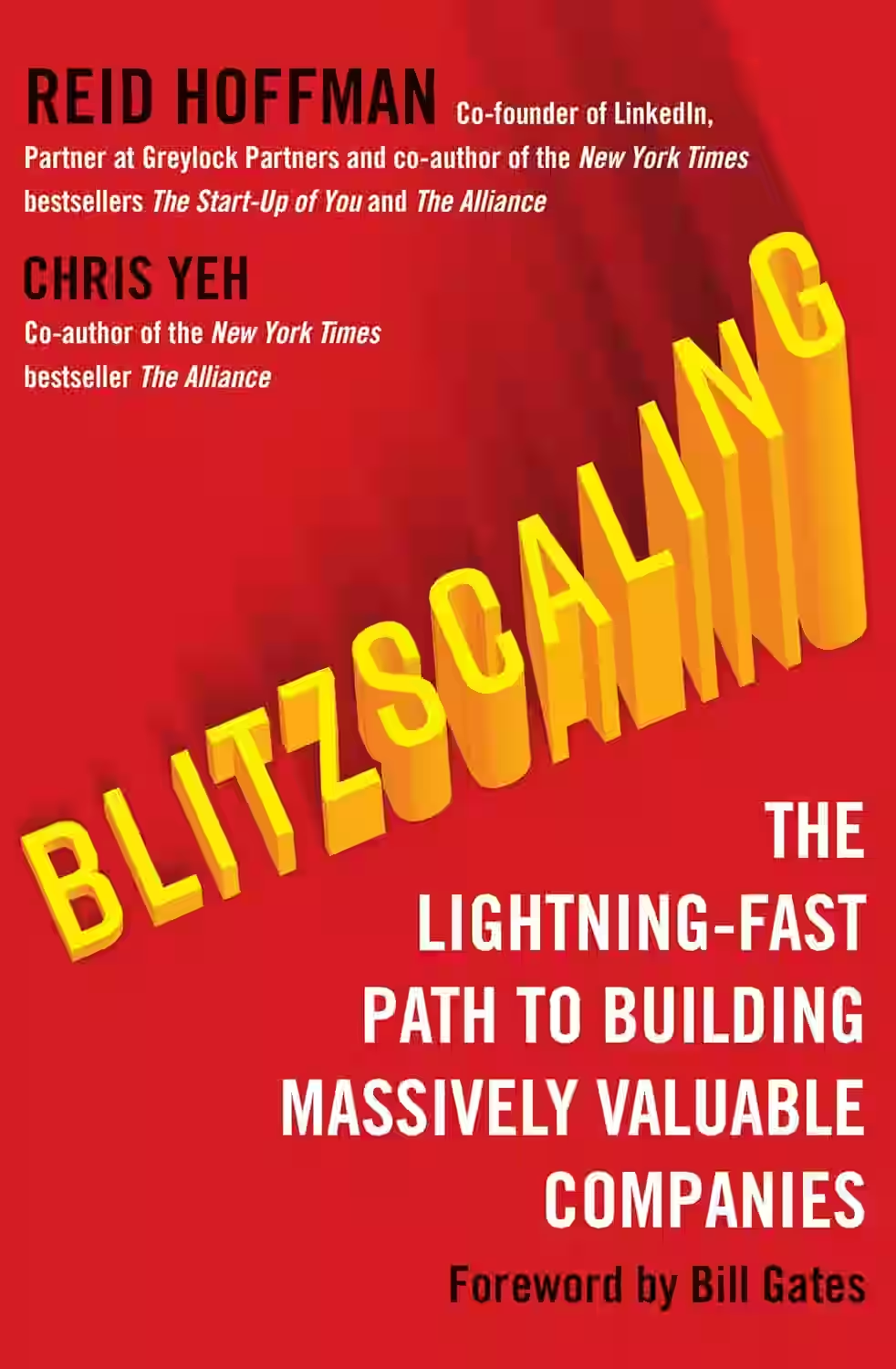
In 'Freakonomics,' Steven D. Levitt, along with journalist Stephen J. Dubner, delves into the intriguing world of economics to uncover unconventional truths behind everyday phenomena. This book challenges traditional thinking by examining how incentives drive human behavior, exploring correlations between seemingly unrelated factors, and revealing the unexpected consequences of various decisions. Levitt's unconventional approach to data analysis and his ability to ask the right questions make 'Freakonomics' a compelling and thought-provoking read that sheds light on the hidden dynamics shaping our world. From exploring cheating in sumo wrestling to the impact of parenting on children, this book offers a fresh perspective on the complexities of life's mysteries.
About Steven D. Levitt
Steven D. Levitt, born in 1967, is an American economist and bestselling author known for his groundbreaking work in applying economic principles to diverse areas of everyday life. He rose to prominence with his provocative book 'Freakonomics' (co-authored with Stephen J. Dubner), which delves into the unexpected connections between economics and diverse subjects like crime, education, and sports. Levitt's unconventional approach challenges conventional wisdom, making complex economic theories accessible and engaging to a wider audience. His work has had a profound impact on the field of popular economics and sparked discussions on the intersection of economics, sociology, and human behavior.
About Stephen J. Dubner
Stephen J. Dubner is an American journalist, author, and podcast host best known for co-authoring the Freakonomics book series with economist Steven D. Levitt. A former editor and writer for The New York Times and The New Yorker, Dubner blends storytelling and data-driven analysis to explore the hidden side of everything—from economics to human behavior. His engaging style makes complex ideas accessible and entertaining. In addition to writing, Dubner hosts the popular Freakonomics Radio podcast, which expands on the themes of his books. His work challenges conventional wisdom and encourages readers to think critically about incentives and decision-making.
Similar Books

The Death and Life of Great American Cities
by Jane Jacobs
In 'The Death and Life of Great American Cities,' Jane Jacobs revolutionizes urban planning with her groundbreaking critique of urban renewal policies. Jacobs challenges the conventional wisdom of her time by advocating for diverse and vibrant neighborhoods that prioritize safety, walkability, and community engagement. Through meticulous observation and analysis, she presents a compelling argument against top-down urban planning approaches and champions the organic evolution of cities. Her work continues to shape contemporary urban planning discourse, inspiring a more people-centric approach to city design. 'The Death and Life of Great American Cities' remains a seminal text that redefines our understanding of urban life.

Capital in the Twenty-First Century
In 'Capital in the Twenty-First Century,' Thomas Piketty delves into the dynamics of wealth and income inequality, offering a comprehensive analysis of economic data spanning centuries. Through historical evidence and theoretical frameworks, Piketty explores how capitalism inherently leads to the concentration of wealth in the hands of a few, exacerbating social disparities. He emphasizes the role of inherited wealth and argues for a global wealth tax to address growing inequality. This seminal work challenges conventional economic theories and sparked worldwide debates on wealth distribution and taxation policies.

Rational Ritual
Rational Ritual explores how rituals—from presidential inaugurations to sports events—create common knowledge, a shared awareness that everyone knows everyone knows. Chwe, a game theorist, argues that these shared experiences are vital for coordination in society. By applying game theory to cultural rituals, he sheds light on why such practices persist and how they help societies function. The book offers unique insights into advertising, politics, and social networks. Zuckerberg recommended Rational Ritual for its relevance to online platforms, where creating and managing shared experiences is key. It’s an intellectually stimulating read for anyone interested in the intersection of culture and logic.

Blitzscaling
In 'Blitzscaling,' Reid Hoffman, a co-founder of LinkedIn, delves into the concept of rapidly scaling a business in a way that prioritizes speed over efficiency. Through case studies and real-world examples, Hoffman explores the strategies and challenges companies face when aiming for exponential growth, emphasizing the importance of prioritizing growth above all else. The book offers valuable insights into navigating the complexities of scaling a startup and shares practical advice on when to 'blitzscale' and when to proceed with caution. With a focus on disruption and innovation, 'Blitzscaling' is a must-read for entrepreneurs and business leaders looking to propel their organizations to new heights.